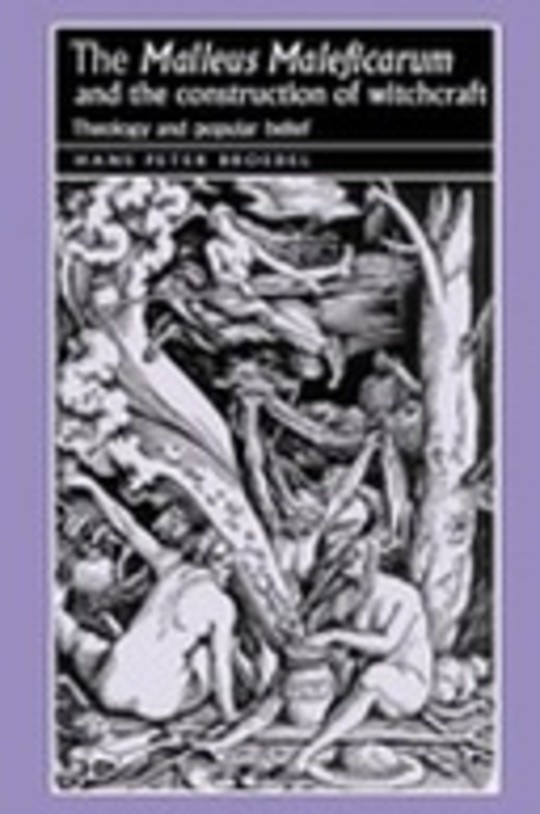
The Poor in England, 1700-1850
Free
Description
Contents
Reviews
Language
English
ISBN
0-7190-6159-8
Contents
List of tables
List of figures
Acknowledgements
1 Introduction (Alannah Tomkins and Steven King)
2 ‘Not by bread only’? Common right, parish relief and endowed charity in a forest economy, c. 1600–1800 (Steve Hindle)
3 The economy of makeshifts and the role of the poor law: a game of chance? (Margaret Hanly)
4 ‘Agents in their own concerns’? Charity and the economy of makeshifts in eighteenth-century Britain (Sarah Lloyd)
5 Crime, criminal networks and the survival strategies of the poor in early eighteenth-century London (Heather Shore)
6 Pawnbroking and the survival strategies of the urban poor in 1770s York (Alannah Tomkins)
7 Kinship, poor relief and the welfare process in early modern England (Sam Barrett)
8 Making the most of opportunity: the economy of makeshifts in the early modern north (Steven King)
9 Conclusion (Steven King and Alannah Tomkins)
Index
The book hasn't received reviews yet.











